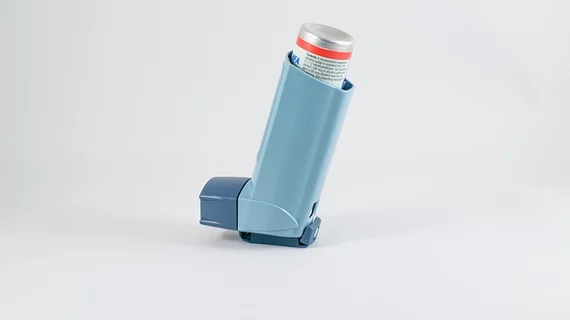LA organization receives $250K grant for ‘smart’ inhaler project
With help from a $250,000 grant, a Los Angeles-based non-profit organization is working to provide asthmatic children with “smart” inhalers.
The Blue Shield of California Foundation recently awarded a $250,000 grant to SmartAirLA to help support its effort to provide Bluetooth-sensor enabled inhalers to underserved children in LA. "Smart” inhalers can be used to remind wearers when to take their medication and help doctors monitor medication regimen.
“Clinical studies report that ‘smart’ inhaler usage can reduce hospital admissions related to poor asthma control by 81 percent, which would create significant cost savings for the health system,” a press release stated. “The ‘smart’ inhalers will also pinpoint asthmatic hotspots for air pollution mitigation.”
The grant program stems from the foundation’s mission to stop root causes of poor health through community-focused system changes, the release stated. It has awarded about $3.5 million during its most recent round of funding.
“This project puts the internet-of-things in the hands of the people who need it the most, underserved children who are literally, struggling for breath,” Peter Long, PhD, president and chief executive officer of the foundation, said in a statement. "And it will help their communities advocate for a healthier environment with a powerful new dataset."

